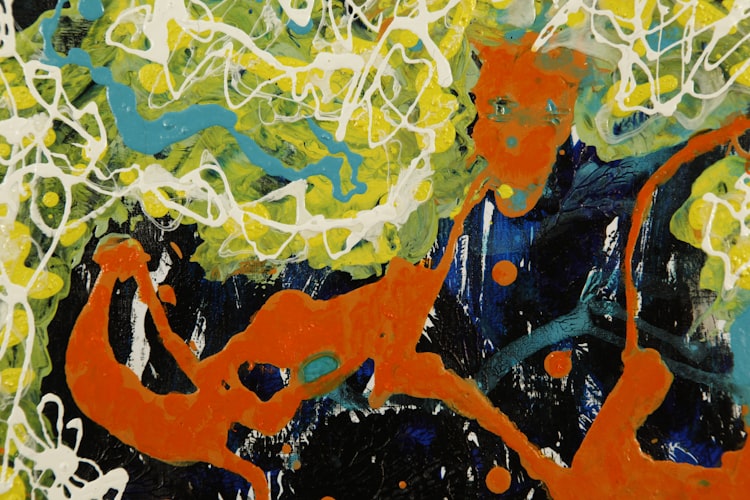Find meditating too hard?

Meditation should be the easiest thing in the world. After all, you’re just expected to sit in silence for a period of time. How hard can that be?
For many, it’s as easy as it sounds, but there are also many amongst us who find ourselves lost in decidedly un-Zen-like thought, going off on wild mental tangents about what to have for dinner, or a conversation from a week ago that didn’t go as planned, or whether we’ve taken the laundry out. We can end up constantly beating ourselves up for not maintaining a clear mind, and end the session (if indeed we get to the end) feeling frustrated and as if we’ve somehow failed.
A good meditation teacher or app will help you overcome these feelings, but it’s also worth being aware that there are other ways to gain many of the same benefits.
Our focus here is on the potential of so-called “free writing” to provide many of the same benefits. Free writing is effectively clearing your mind by writing your thoughts down as they come; no editing, over-thinking, worrying, or questioning, just the raw thoughts.
In some ways this is similar to many meditation practices in that the aim is not to repress or hide thoughts, but to see them for what they are: fleeting sensations that come and go like clouds across the sky. If we are able to separate ourselves from our thoughts, to avoid getting caught up in them, we can find a place of calm that transcends the daily hustle and bustle.
I personally find when I meditate that my thoughts are less like a single “train of thought” and more like a room full of unruly schoolchildren: one is asking inane questions, another is singing a catchy pop song, another is crying etc. It’s a complete racket! But this is not a problem. Indeed, being able to sit back and watch this go on, realising that my consciousness is composed of multiple strands - not just a single “narrator” - is part of the epiphany of meditation: that we are so much more and so much less than our thoughts.
The same goes for freewriting. Sitting and simply recording our thoughts as they come and go, and then seeing them on paper (or on the screen if we’re using the Morning Pages app) gives us a unique vantage point; we realise that we are not our thoughts, that they exist separately to us, and that they simply flow through us like water along a river bed. Our job is not to control the water but to allow it to flow freely and, when we do this, we unlock all sorts of areas of our minds that we would otherwise lose sight of. Aside from the meditative benefits, this is also the key to creativity.
Free writing - and meditation - helps us realise that we are not the river, we are the ground below. Isn’t that an infinitely more solid and stable place to be?


